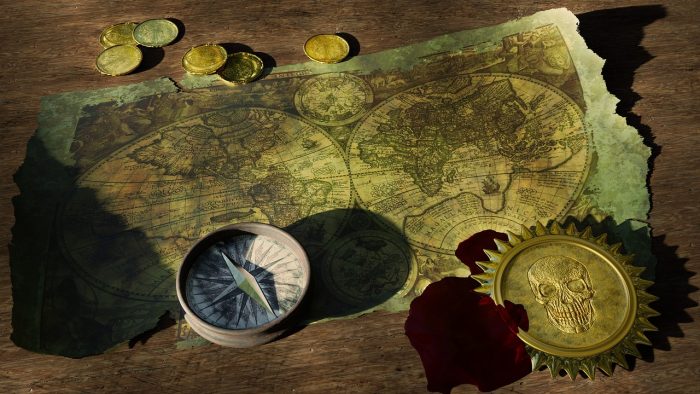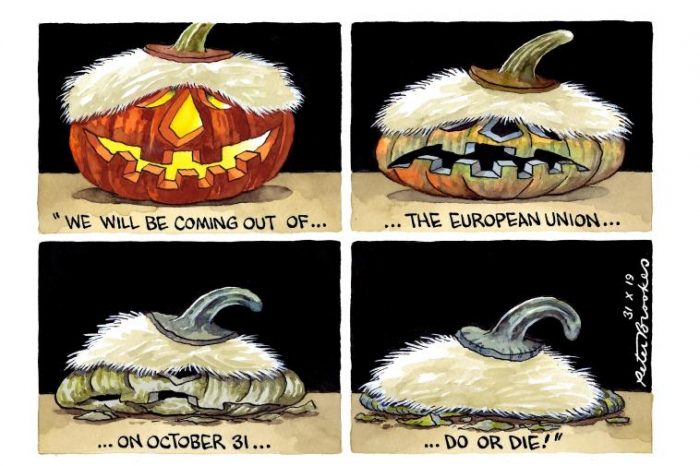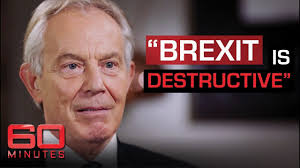We are embarrassingly unaware of how divided our societies are, and Brexit grew out of a deep, unexamined divide between those that fear globalization and those that embrace it, says social scientist Alexander Betts. How do we now address that fear as well as growing disillusionment with the political establishment, while refusing to give in to xenophobia and nationalism? Join Betts as he discusses four post-Brexit steps toward a more inclusive world.
TEDTalks is a daily video podcast of the best talks and performances from the TED Conference, where the world’s leading thinkers and doers give the talk of their lives in 18 minutes (or less). Look for talks on Technology, Entertainment and Design — plus science, business, global issues, the arts and much more. Find closed captions and translated subtitles in many languages at http://www.ted.com/translate

 .
.

